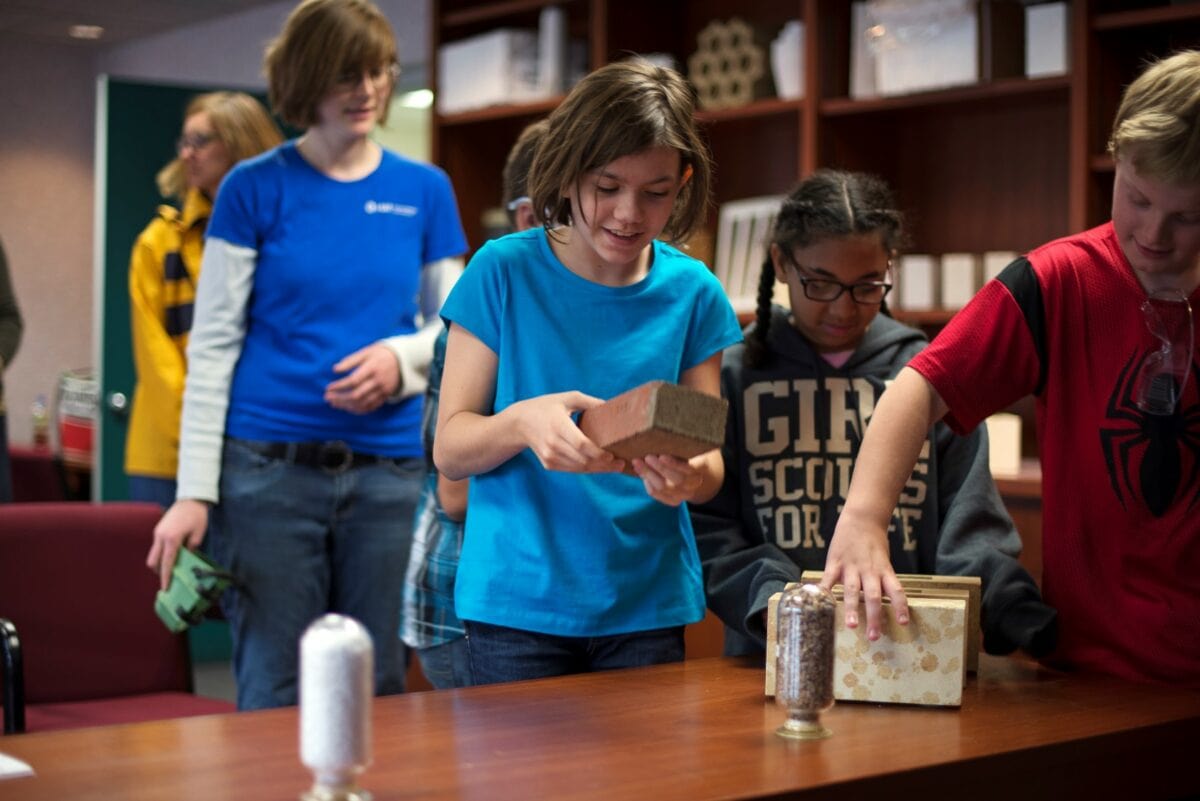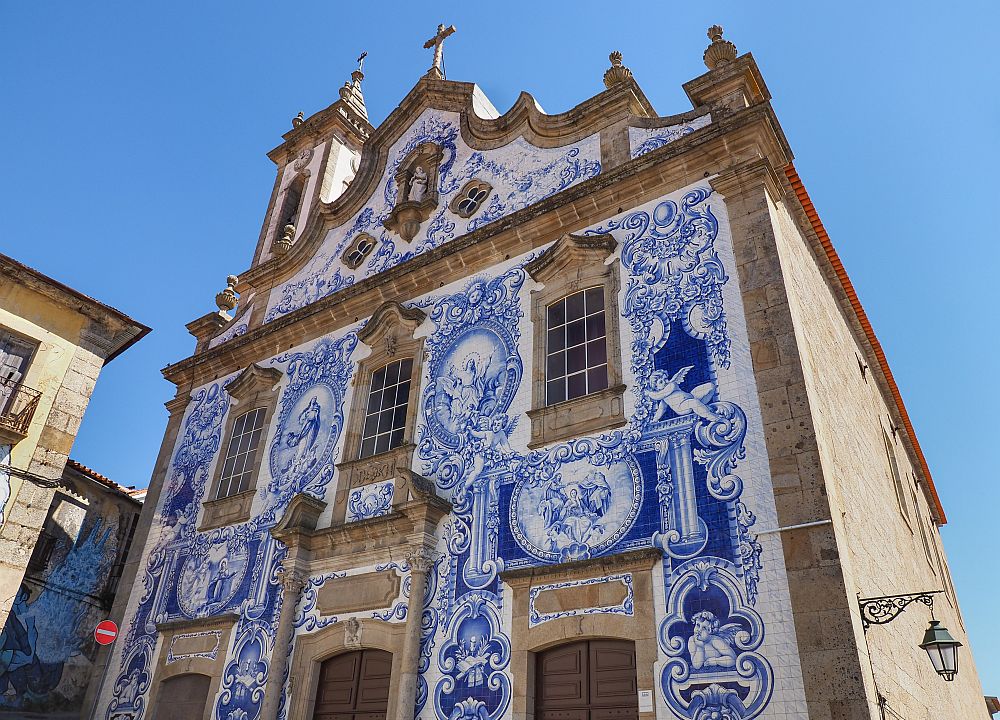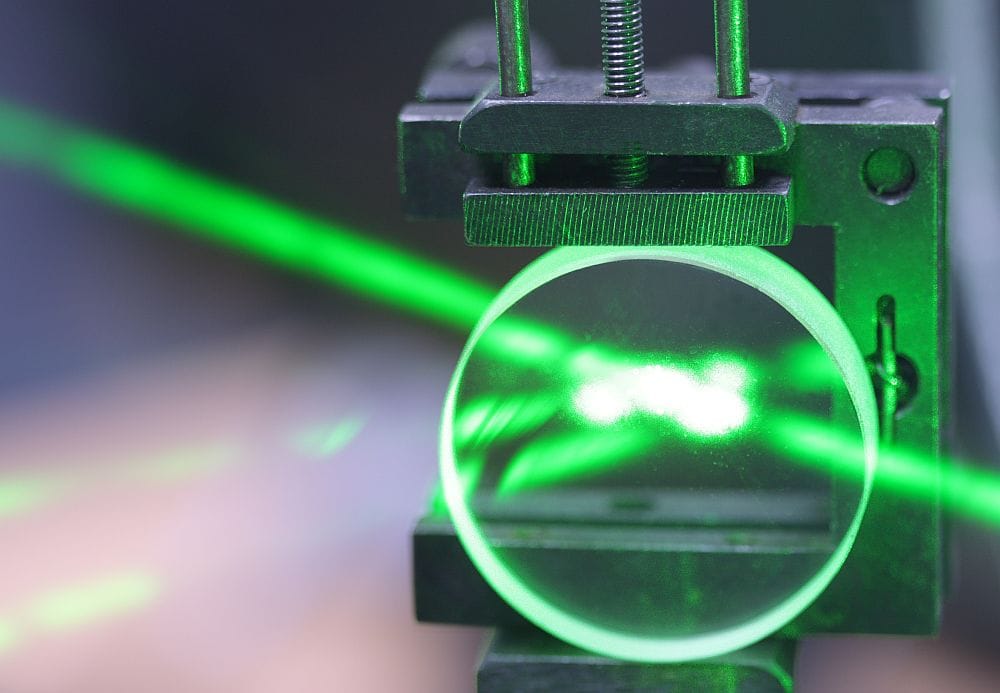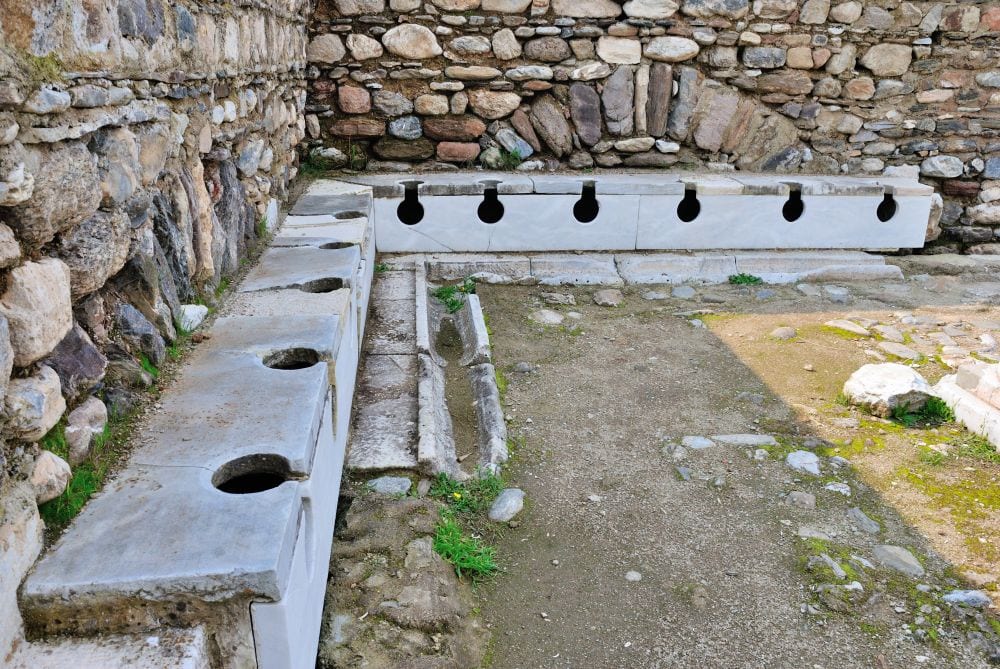
[Image above] Members of the Future City team from Baden Academy Charter School in Baden, Pa., participate in a refractory brick product demonstration at HarbisonWalker International’s Advanced Technology and Research Center (ATRC) in West Mifflin, Pa., on April 29, 2016. Credit: Timothy Cox
[Editor’s note] This story was written by Kathleen Humiston, senior director, strategic marketing at HarbisonWalker International.
If you ask sixth grader Timothy Snyder what’s so special about “just a brick,” be prepared to get inspired.
Snyder is a member of the Future City team from Baden Academy Charter School in Baden, Pa. Future City, a Program of DiscoverE, is a national cross-curricular program that lets students in the 6th, 7th, and 8th grades do what engineers do: identify problems, brainstorm ideas, design solutions, test and retest, build, and then share results. The program now helps more than 40,000 students annually to get motivated and excited about science, technology, engineering, and math (STEM).
Snyder and his teammates from Baden Academy participated in the Annual National Engineers Week Future City Competition in the Pittsburgh region. Students are charged with envisioning a future city through digital and desktop modeling and presenting their city plan to judges.
The Pittsburgh Section of The American Ceramic Society (ACerS) was one of several engineering organizations that sponsored the regional competition. Glenn McIntyre, manager of Brick Technology at HarbisonWalker International (HWI) and chair/treasurer of ACerS Pittsburgh Section, was a volunteer judge. He asked a singular question of one team.
“How does your future city employ ceramics?” was the simple question McIntyre posed to Snyder and his team members as he made his way through the presentations.
Snyder’s recollection of the interaction was this: “Here was a guy three times my size asking me about something, and I have no idea what the word, ‘ceramics’ means!” He and his team admitted they didn’t know, but said they would look it up when they returned to their lab.
“I figured he would be disappointed and move on, but he didn’t,” added Snyder. “He started talking about ceramics and what they do. What I remember most was his genuine enthusiasm for ceramics. He got me, and then my teammates, excited about ceramics. And I bet he would get you excited, too! His enthusiasm was contagious.”
The exchange between McIntyre and Snyder’s team was so inspiring that Snyder asked Future City to tell him the name of the judge who talked about ceramics. When McIntyre found out, he invited Snyder’s team and all his teammates to visit HWI’s Advanced Technology and Research Center (ATRC) in West Mifflin, Pa., on April 29. ATRC is one of the most advanced refractories research, development, and testing facilities in the world and the largest in North America. The students gained hands-on experience to better understand ceramic material properties, testing, and real-world applications.

Glenn McIntyre, manager of Brick Technology at HWI, tests the refractories knowledge of members of the Future City team from Baden Academy Charter School in Baden, Pa. Credit: Timothy Cox, photographer

Refractories professionals from HarbisonWalker International perform lab tests on refractories products as members of the Future City team from Baden Academy Charter School in Baden, Pennsylvania observe. Credit: Timothy Cox, photographer
Snyder presented his experience with Future City, McIntyre, and the visit to HWI’s ATRC in a TED Ed Club talk that has already opened more young eyes to the world of ceramics. As Snyder concludes in his talk, “What if competitions like this are not just about winning? What if they are also about the judges who work with different things? We became young scientists who now dream about ceramics!”
Steve Delo, CEO at HWI, wasn’t surprised to hear of McIntyre’s contagious enthusiasm and the impact his volunteer participation had on the students.
“Our employees love what they do. And they pour the same intense passion and dedication into community activities as they do in the refractory business,” says Delo. “Whether it’s through the Future City or other community causes, our team really is driven to make the world a better place. We all agree that the reason is simple: the more we give, the more we get back.”
View Timothy Snyder’s TED Ed Club talk here and visit HWI online here.
Author
Kathleen Humiston
CTT Categories
- Education
- Refractories


